Gopal Krishna Gokhale, a professor turned politician, never hesitated in standing for the right reasons. Gokhale advocated for equal opportunities and compulsory education. He was a politician and a social reformer whose contribution to India remains unmatched. On his 155th birth anniversary, let’s remember the man who brought reforms to the country.
Early Life
Gopal Krishna Gokhale was born on May 9, 1866, in Kotluk village in Maharashtra’s Ratnagiri district. Despite belonging to a poor family, Gokhale’s family ensured he received an English education which could help him get employed. He went on to study at Rajaram College in Kolhapur and graduated from Elphinstone College in 1884.
The Liberal Gokhale
Gokhale was an advocate of liberal values. He was also greatly influenced by the social reformer, Mahadev Govind Ranade, and was his protege. However, Gokhale’s thoughts were weaved around India’s needs and included the illiterate and poor class of the country.
Mahatma Gandhi and even Mohammed Ali Jinnah were a few among those whom Gokhale inspired. In his autobiography, Mahatma Gandhi recognised Gokhale as his mentor and an admirable leader. He described him as ‘pure as crystal, gentle as a lamb, brave as a lion and chivalrous to a fault and the most perfect man in the political field”.
Advocated free education
Gokhale advocated free and compulsory education for children. He believed education would lead one towards realisation of the self and further towards a liberal society.
For this, Gokhale proposed the Elementary Education Bill in 1910. The bill aimed at providing primary education to every child in the country, both boy and girl. He believed getting an education was a basic necessity of human beings.
Social Reformer Gokhale
He was the founder of “the Servants of India Society” which aimed at expanding education in India. In the preamble of the Society, Gokhale wrote, “The Servants of India Society will train men prepared to devote their lives to the cause of the country in a religious spirit, and will seek to promote, by all constitutional means, the national interests of the Indian people.”
Gopal Krishna Gokhale advocated for equal opportunities in different avenues for all to grow and develop. This would help in fighting against the practice of untouchability in the country.
Gokhale and the Britishers
Gokhale belonged to the “Naram Dal” of the congress and worked closely with the Britishers to bring reforms in the country. He was one of those who adopted constitutional means to achieve political reforms.
Gokhale exposed the British military financing policies that put an excessive tax burden on the Indians which got him in trouble with the then Viceroy Lord Curzon.
Gokhale also did extensive work in colonial legislatures. He was a member of the Bombay Legislative Council between 1899 and 1902 and from 1902 onwards, at the Imperial Legislative Council.
In the Imperial Legislative Council, Gokhale stood up against the Britishers and opposed their indentured labour system. In 1912, Gokhale moved a resolution for the prohibition of the indentured labour system. Even though the resolution was defeated, the then Viceroy, Charles Hardinge agreed to take steps to abolish the system of bonded labour from colonies where it was still existent.
Gokhale and the Indian National Congress
Gokhale joined Indian National Congress in 1889. Soon in 1905, he was elected as the President of the party.
Gokhale believed in the process and power of dialogues and discussions, and that they could bring a change in the system. Gokhale played a key role in the framing of the Morley-Minto reforms in 1909, although he and other moderates could not get any substantial concession by the Morley-Minto reforms. Rather, the Morley-Minto reforms sowed the seeds of communal representation, which finally led to the partition of India.
From here, the ideological and political differences between Tilak and Gokhale led to the splitting of congress. The Morley Minto reforms fiasco led to a loss of credibility and support congress and moderates had. It took a minimum of seven years for congress to recover from it.
However, both Tilak and Gokhale had immense respect for each other’s work and patriotism for the country.
Gokhale died on February 19, 1915, with an unfulfilled wish to see congress united.


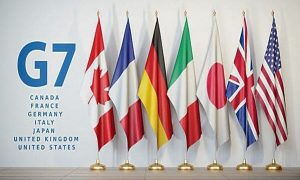

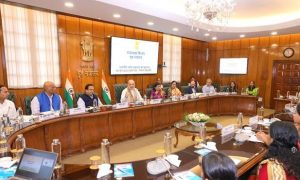

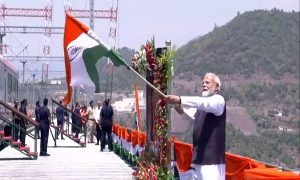



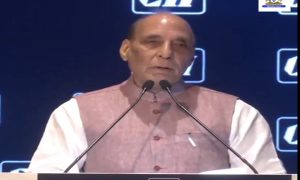

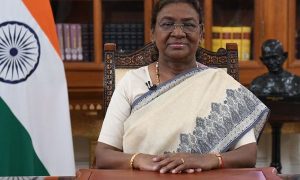

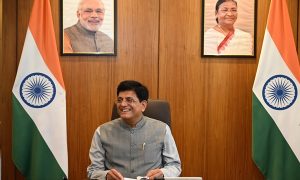





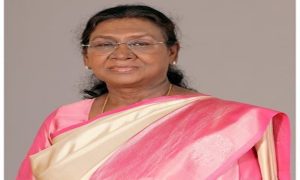

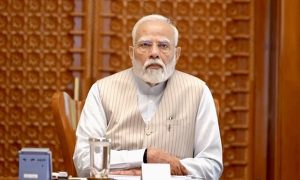

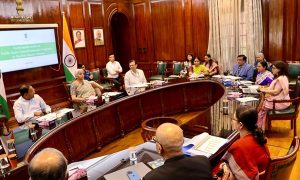



 WhatsApp us
WhatsApp us